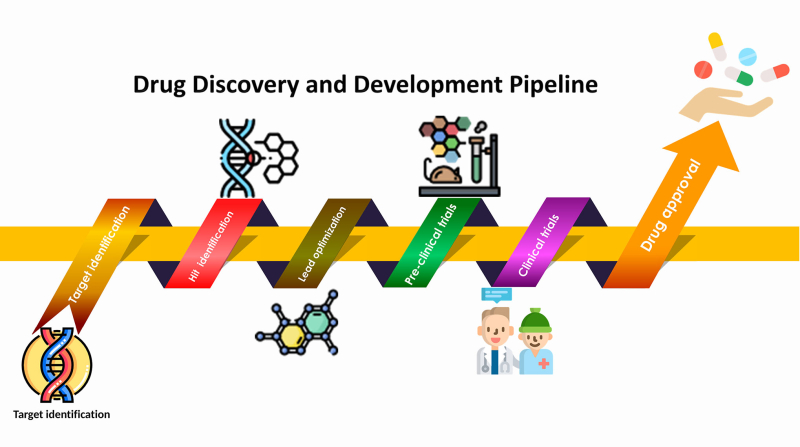
New drug discovery is a complicated, expensive, and time-consuming process. Traditional drug development pipeline needs 12 years and 2.7 billion USD on average.
Reducing research cost and speeding up development process of new drug discovery are challenging for pharmaceutical industry.
Recently, the rapid growth of computational tools, such as computer-aided drug discovery (CADD), for drug discovery has exhibited significant impact on anticancer drug design. CADD shows faster, cheaper, and more effective drug design, and provides fruitful insights into the area of cancer therapy.
Researchers from the Shenzhen Institutes of Advanced Technology (SIAT) of the Chinese Academy of Sciences analyzed different subareas of CADD process with a focus on anticancer drugs.
The study indicated that computational drug design has promoted the discovery of several new anticancer drugs, which has become a milestone in this area. Gefitinib, Erlotinib, Sorafenib, Lapatinib, Abiraterone, Crizotinib were all approved drugs discovered based on computational drug methods.
With the arrival of artificial intelligence (AI), the design of anticancer drugs in silico has undergone unprecedented changes. State-of-the-art deep learning approaches, such as retro-synthetic routine plan, drug scaffold generation, and drug binding affinity predictions, have the potential to produce excellent chemical properties needed for new molecule.
"We believe that useful predictions generated by computational models combined with experimental validations could further speed up the anticancer drug development," said Dr. CUI Wenqiang, first author of the study.

A workflow for drug discovery: from target identification to drug approval (Image by SIAT)

86-10-68597521 (day)
86-10-68597289 (night)

52 Sanlihe Rd., Xicheng District,
Beijing, China (100864)

